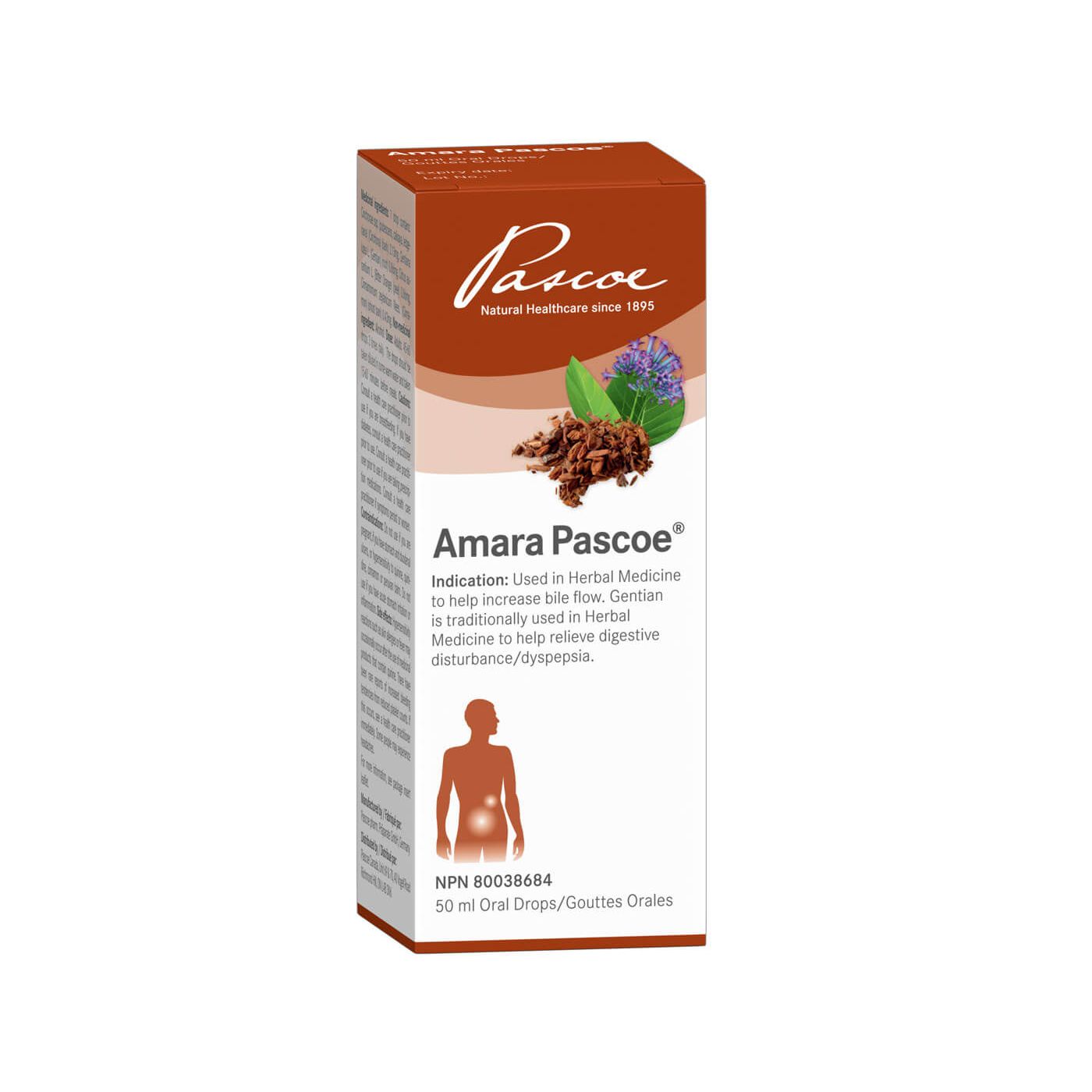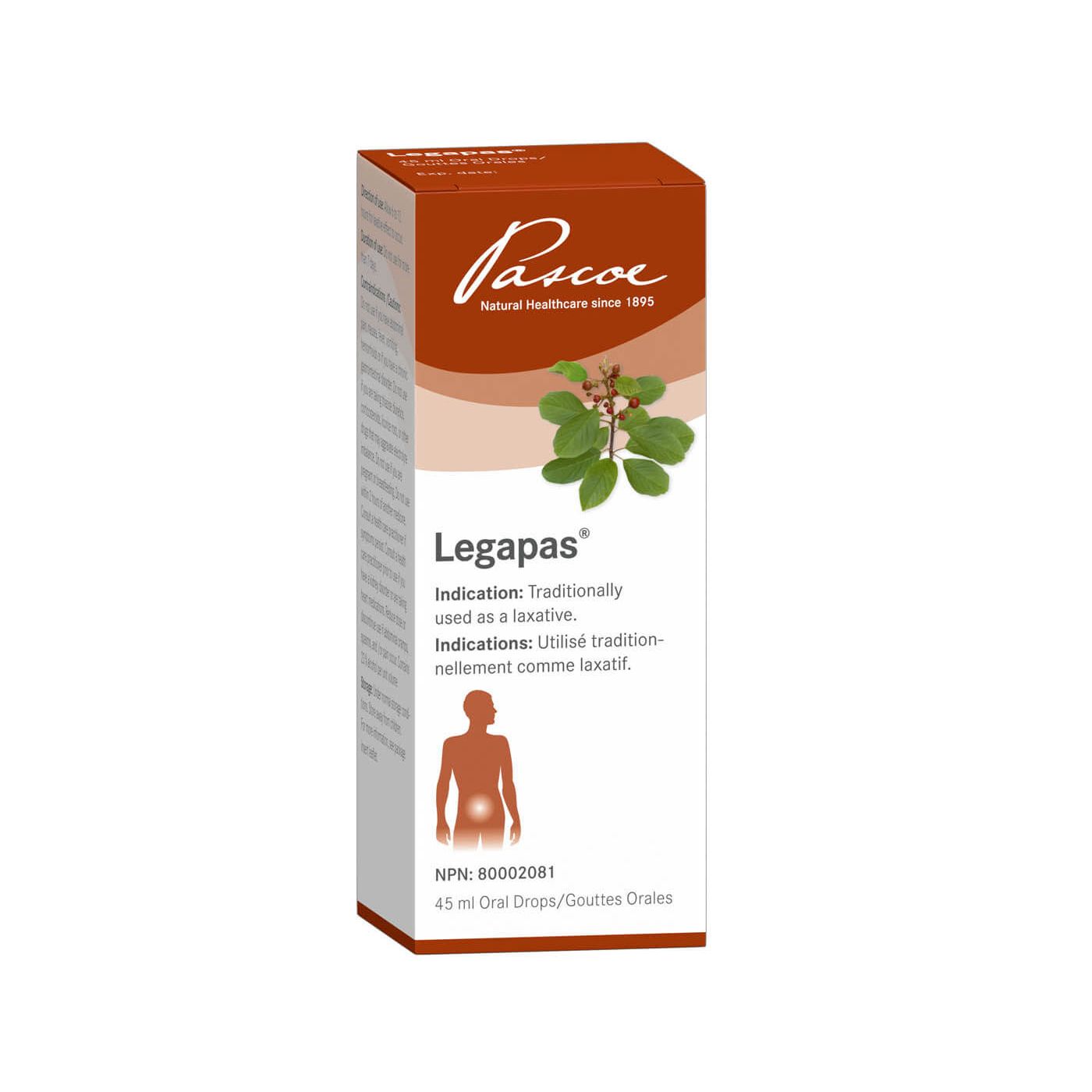Gut Health - Loving Your Liver with Bitters
Bitters are an ancient tool for healthy digestion. Herbal stimulants, like bitters, boost functioning in natural and non-addictive ways. By warming and stimulating, they support circulation and metabolism, preventing obstructions that lead to dysfunction.
When digestion faces impediments, digestive bitters can step in to course-correct. Blockages in digestion can lead to symptoms of indigestion, poor nutrient absorption, an unhealthy gut microbiome, weight gain, and digestive disorders.
Commercial farming and a society of “go, go, go” make us nutrient deficient. In a society where we are inundated by options, malnourishment is an oxymoron.
Our lifestyles stand in the way of our nourishment. Supplementing with vitamins and minerals and eating “clean”, is a waste if we are not slowing down also. Proper nutrient absorption requires the parasympathetic nervous system, healthy organ function, adequate stomach acid and healthy gut flora.
There are many ways we can support our digestion…


1. Toning down stress
To properly digest and assimilate nutrients, we need to be in “rest and digest'' mode. By taking time to slow down and activate the parasympathetic nervous system, we shift our bodies into “rest and digest”. From here we are able to properly break down food for fuel and nourishment.
Eating quickly or when stressed can cause indigestion. What does indigestion feel like? A burning sensation in the chest, feeling the need to burp without burping, or a dull ache in your throat. It can be incredibly uncomfortable!
But what exactly causes indigestions? Eating while in a stressed state, the digestive system is ill-equipped to break down food. Inadequate breakdown can lead to fermentation in the stomach, causing gas, burping, heartburn, and bloating.
If we’re rushing to eat, our bodies haven’t had enough time to release adequate stomach acid. Stress also reduces overall stomach acid production. When the body is in “fight or flight” or the autonomic nervous system is activated, it turns down non-essential or “survival” functions.
Adding in stressful stimulants, like coffee and black tea, can cause premature emptying of the stomach. This reduces time for nutrient absorption and creates an acidic environment. Excessive coffee or tea consumption can cause toxicity in the digestive tract and blood.
2. Supporting stomach acid and gut flora
We require large amounts of stomach acid. We assume heartburn is a result of high stomach acid and take antacids. Proton pump inhibitors are also very common. However, more often than not, it is low stomach acid causing indigestion symptoms, thanks to being overworked and overwhelmed. Stress is a major hindrance to stomach acid production, as is dehydration.
A good test is to supplement with a small amount of watered down apple cider vinegar before a protein-rich meal. This acid encourages the production of our own digestive juices. This may relieve symptoms of indigestion and provide a boost of energy. If you have high stomach acid, this can create a slight burning sensation in the chest, which is why it’s best done in small doses. Avoid this test if you suspect you may have stomach ulcers.
Gut flora plays an important role in digestion. If our gut microbiome is overcrowded by “bad” bacteria, we need to figure out how to restore healthy gut flora. Eating fermented foods and taking a probiotic supplement are some ways to improve gut flora. The balance of good bacteria needs to rival that of the unwanted gut microbes.
The gut microbiome helps produce enzymes for digestion, takes in fibrous food to fuel proliferation, and supports our immune system. Poor digestion leads to poor gut microbiota balance, and perpetuates the cycle. Overtime, “bad” bacterial overgrowth can lead to chronic acid reflux, stomach ulcers, or stomach cancer.
3. Supporting digestive organs, especially the liver
Herbal bitters assist the body’s digestive organs in their functioning. Bitters contain cooling and detoxifying properties, and have a bitter taste. The bitterness is indicative of alkaloids, which also help neutralize acidity in the body.
Bitters stimulate appetite and encourage the secretion of stomach acid, bile and digestive enzymes. This increases nutrient absorption, promotes healthy gut flora, and strengthens our immune system.
Taking digestive bitters prior to a meal, also slows the liver's release of sugar into our bloodstream. Slowing blood sugar spikes balances overall blood sugar, sustains energy and helps manage weight. Bitters also act upon the pancreas which is responsible for the production of our hunger hormones.
Bitter herbs include cinchona, gentian root, bitter orange (citrus aurantium), ginseng, dandelion, rosemary, garlic, onion, sage and astragalus. Gentian extract benefits include stimulating the release of gastric juices and bile. Bile is produced by the liver and is used to break down fat during digestion. Proper fat digestion helps reduce triglyceride accumulation and lower cholesterol.
Toxins can accumulate and impede bodily functions. The liver is responsible for detoxifying and can easily become inundated. Bitters are hepatoprotective, meaning they tone and strengthen the liver. If you are looking for liver tonics (hepatic herbs), try dandelion, sassafras, cascara or mandrake.
Stimulants, even herbal, should not be used excessively. They can be harmful when administered during times of extreme weakness, or severe or prolonged disease. They stimulate organs into more vigorous action and can drain already suffering organs. Bitters can exacerbate nervousness and hypertension.
4. Eat nutrient-dense food as often as possible!
Eating nutrient-dense foods supports digestion and nourishment. It is best to choose organic, whole foods as often as possible. Organic produce is sprayed in substantially fewer chemicals and pesticides, and contains a higher nutritional content. If finances are tight, check out the Environmental Working Group’s “Clean 15/Dirty Dozen” lists. They show us what to avoid and what is okay to consume non-organic.
Eat a plant based or whole foods based diet and fewer processed foods. Chemicals, preservatives, and additives are tough on our digestive process and do little for the nourishment of our body. Fill your diet with lots of local, organic fruits and vegetables, whole grains and protein-rich foods, to support overall health.
Sluggish digestion is at the core of many ailments and can contribute to chronic diseases. Reduce stress and pause before eating. Support digestion with whole foods, hydration, probiotics, and the healing powers of herbal medicinals!
Disclaimer
Pascoe Canada does not offer health or medical advice as we are not a healthcare practitioner. Please speak with your healthcare practitioner before beginning any program related to nutrition, diet, exercise, fitness, medical, and/or wellness. All content published by Pascoe Canada is developed through collaborating with licensed medical professionals and contributors. This includes text, graphics, images, and other material on the website, newsletter, and products (“Content”). This content is for informational purposes only and does not constitute medical advice. The content does not substitute professional medical advice, diagnosis, or treatment. Please always do your own research on whether this is for you along with your healthcare practitioner advice. Always consult your healthcare practitioner prior to using specific herbs because you might have underlying conditions that need professional care. The content is general in nature and is subject to change. It is not intended to cover all possible uses, directions, precautions, warnings, drug interactions, allergic reactions, or adverse effects.




